Circular bioeconomy
Natural resources must be utilized sustainably and accommodate future generations, healthy ecosystems and healthy feed and food. Organic agriculture and food systems must, therefore, be based on sustainable and efficient organic cycles and renewable resources. The following research projects funded by CORE Organic addressed circular bioeconomy in organic food systems.
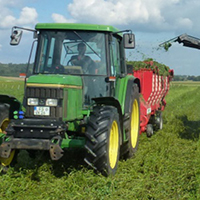
ProRefine - New Methods for producing high quality feed locally
The project explored refined forage legumes as local sources of protein feed for monogastrics and high quality fibre feed for ruminants in organic production.
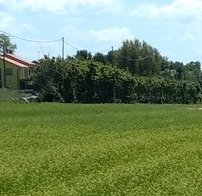
SCOOP focused on intercropping systems aimed at preserving the ecosystem and agricultural land integrity, biodiversity, and food/feed security.
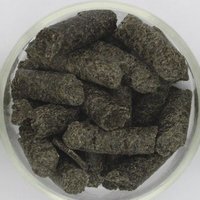
FERBLEND - Fermentation-induced valorization of side stream blends from oilseed and dairy industry
FERBLEND explored innovative solutions for the exploitation of cheese whey and press cakes from seed oil processing through targeted fermentation.
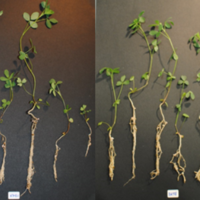
ALL-IN investigated alfalfa yield and the formulation of a balanced diet for livestock based on alfalfa and integrated with local by-products.
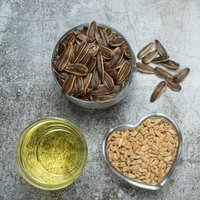
PROVIDE explored the options to reduce food waste from the processes of food transformation by valorizing byproducts in bakery production.
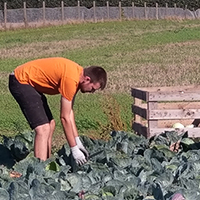
SureVeg analyzed the use of strip-cropping and fertility strategies, based on recycling of waste, plant-based soil improvers and fertilizers.
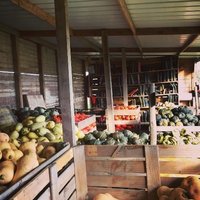
FOODLEVERS - Leverage points for organic and sustainable food systems
FOODLEVERS focused on identifying “deep” leverage points, which has potential to further develop and scale up existing innovative organic and sustainable food systems.
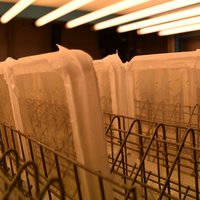
The project Bio4Food investigated how the fruit- and vegetable production can decrease the use of pesticides, whilst maintaining a profitable crop production.
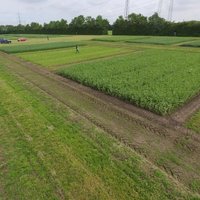
SysOrg identified pathways to increase sustainable food production and consumption and developed strategies and tools adapted to local areas in Europe and Northern Africa.
Other CORE Organic projects
- SusOrganic - Development of quality standards and optimised processing methods for organic produce
- Improve-P - Assessment of the suitability of recycling phosphorus fertilizers for organic farming
- ICOPP - Developing sustainable 100% organic feed strategies for pigs and poultry
- InterVeg - Enhancing multifunctional benefits of cover crops - vegetables intercropping
- TILMAN-ORG - Integrating reduced tillage and green manures in organic cropping systems